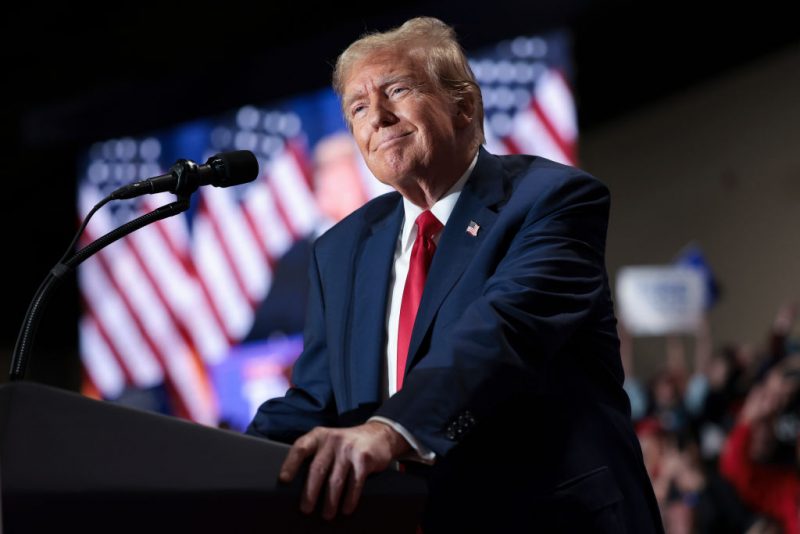Trump’s legal team has requested that Judge Chutkan delay the release of special counsel Jack Smith’s evidence by a month, pushing it to November 14. The goal is to give Trump’s attorneys time to prepare and release their own evidence concurrently with Smith’s. Trump’s lawyers argued that a simultaneous release would allow the press to report on both sides of the case, potentially reducing public bias. They also believe this could lessen risks to witnesses by providing a more balanced view of their testimony in context.
“If the appendices are released simultaneously, at least some press outlets will attempt to report both sides of this case, reducing (although, again, not eliminating) the potential for irreversible prejudice,” Trump’s attorneys stated. “Similarly, the risk to witnesses will be somewhat reduced, as the public will have a more balanced picture of their testimony and how it connects to this case.”
Both Chutkan and Smith have faced criticism for publicizing negative details about Trump so close to the election. Former federal prosecutor Elie Honig argued that Smith violated the Department of Justice’s guidelines by releasing sensitive information that could influence the election outcome. Trump’s attorneys echoed this concern, citing the potential impact of “asymmetric” evidence releases on the election’s fairness, especially during early voting.
Smith’s filings, intended to support his election interference charges against Trump, follow the Supreme Court’s ruling that a president enjoys immunity from criminal prosecution for actions performed as part of official duties. Trump’s legal team has been granted some delays, with Chutkan pushing the deadline for Trump’s response to Smith’s first 165-page submission to November 7.
Trump’s team has also asked for an additional seven-day delay to address any objections to the unsealing of the next wave of Smith’s evidence, which is expected to contain similar material. Smith’s first filing painted Trump as “desperate and deluded” after the 2020 election, sparking widespread media attention. The next evidence batch is likely to expand on this narrative.
 Telegram is where we really talk. Don't miss out!
Telegram is where we really talk. Don't miss out!






